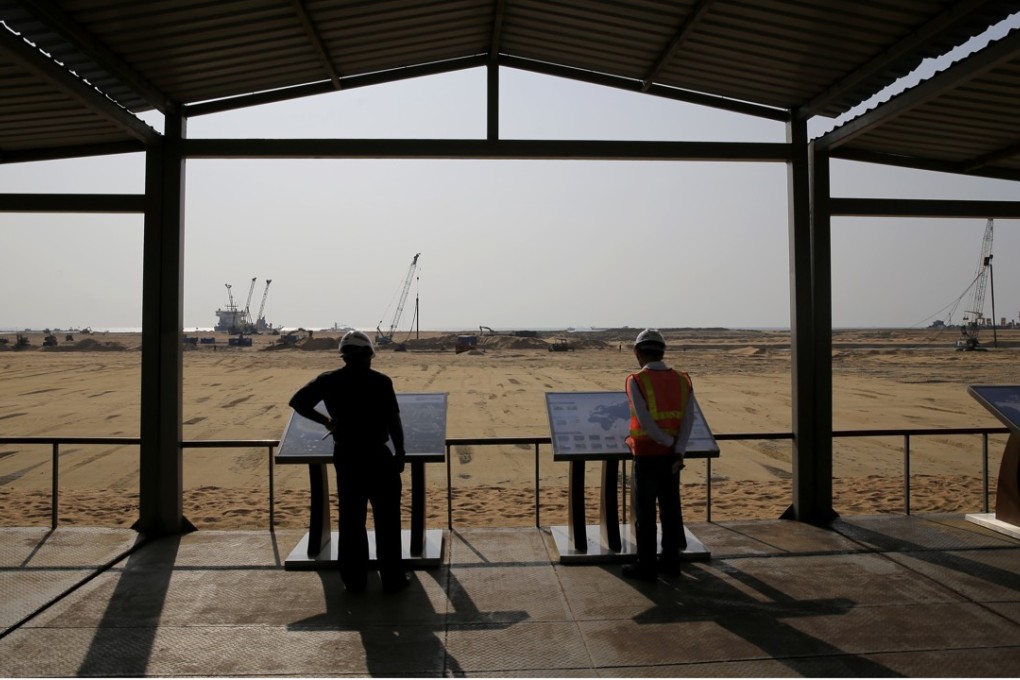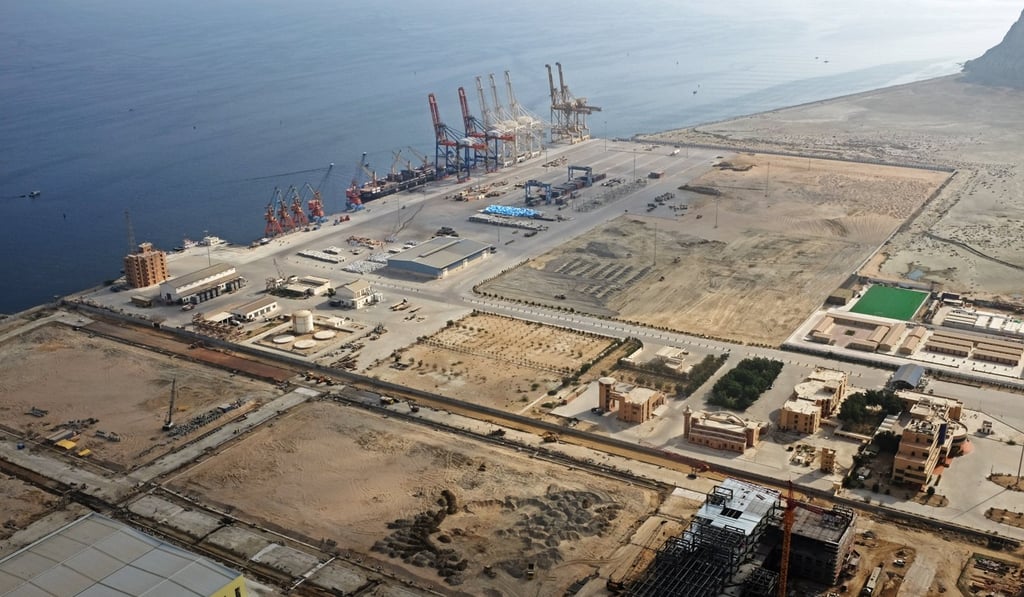Rewards outweigh risks for Chinese firms involved in Belt and Road projects, say legal experts
State-owned enterprises such as China Communications Construction Company, involved in the US$11b East Coast Rail Link project in Malaysia, expects overseas projects to account for 50 per cent of its business eventually

Chinese companies investing heavily in overseas Belt and Road Initiative projects are willing to risk legal disputes arising from cultural misunderstanding and project delays as the rewards outweigh risks, say legal experts.
“Generally from a compliance perspective there’s going to be lots of risk – more so than having projects in China, in many ways,” said Ernest Yang, a partner at law firm DLA Piper, who specialises in international trade.

Examples of Belt and Road-related disputes given by Yang include late or non-payment of equipment suppliers, abandonment of projects because of political turmoil, companies not strictly following contracts and cultural differences in business etiquette.
Chinese state-owned enterprises (SOEs) who dominate the construction sector are not immune to the risk of potential lawsuits either.
“Other countries may not recognise [SOEs] as being part of the government and entitled to any kind of immunity,” said Yang. “That means they need to be quite careful in their dealings to make sure they perform properly, otherwise they could be on the back of a lawsuit.”